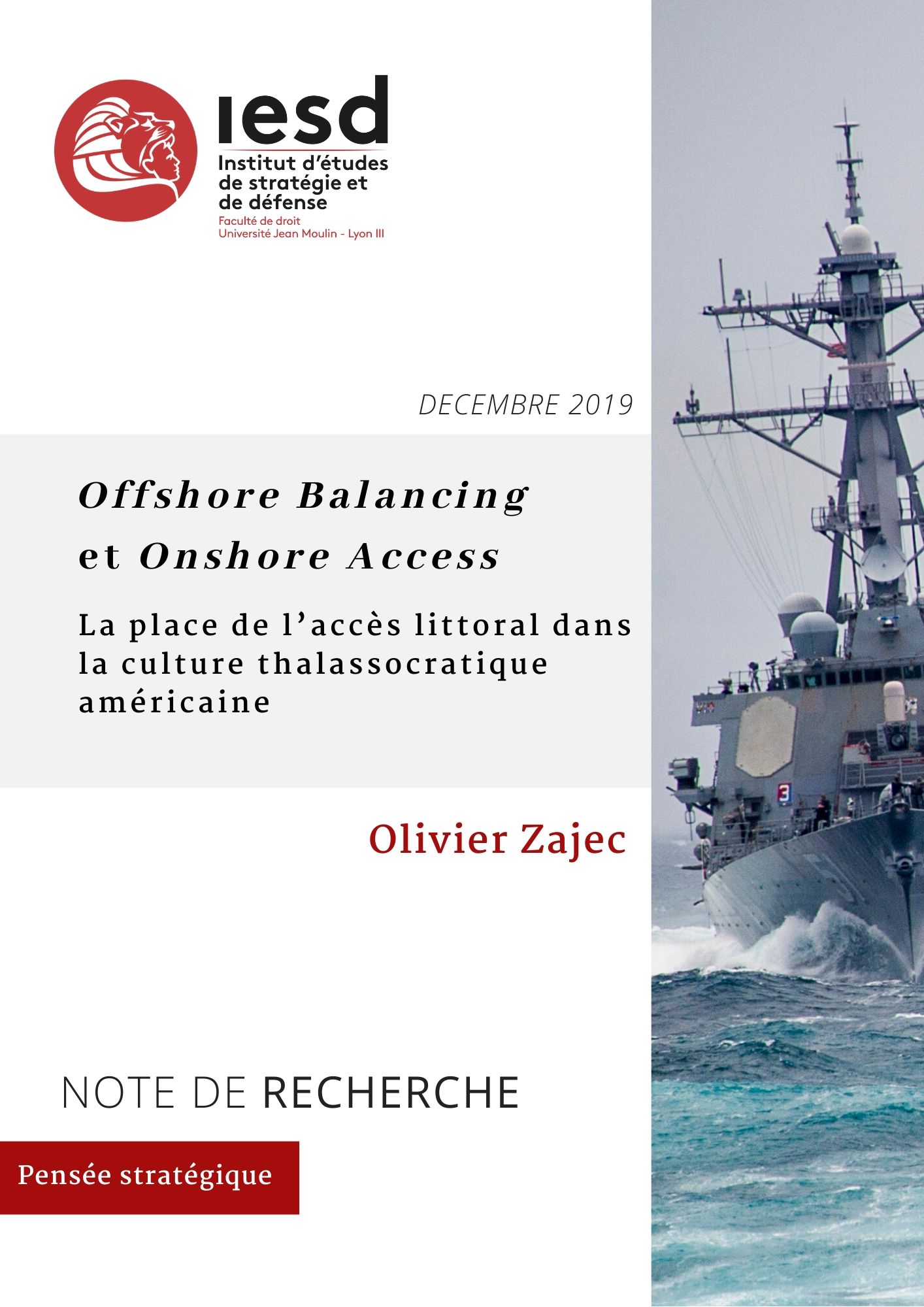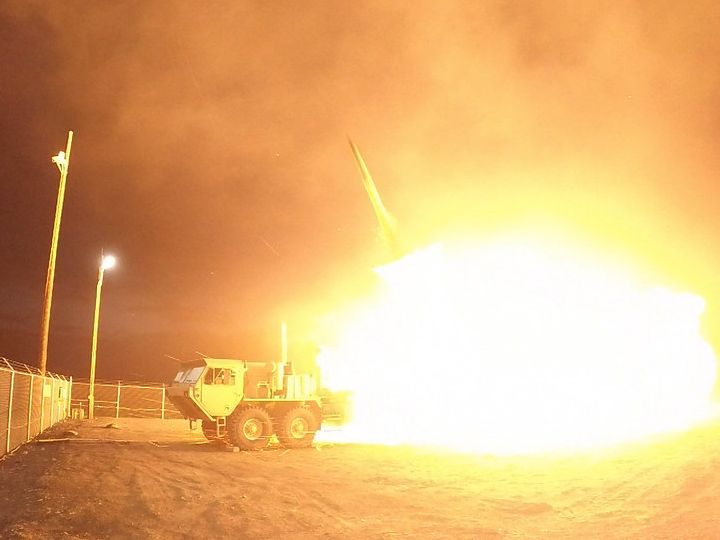
Offshore Balancing and Onshore Access, the role of coastal access in thalassocratic American culture
Abstract
In American strategic culture, the balance between the domination of the open sea and the presence on distant shores constitutes since its origins the dual base of American naval thinking. The ambivalence at the heart of Mahan’s work, the most famous maritime and naval strategist in American history, bears a significant testimony of this two-fold dimension. For the United States, the strategy of offshore balancing therefore remains inseparable from a global onshore access. But the rise of maritime anti-access strategies leads to an access challenge: operating on the coasts of the World Island is no longer a simple logistical and diplomatic issue, but an increasingly uncertain operational and strategic quandary.
About the Author
Oliver Zajec is Professor in Political Science at Jean Moulin Lyon 3 University. He is the director of the IESD.
The balance between domination of the open ocean on the one hand and presence on distant shores on the other has been the dual basis of American naval thinking since its origins.
Strategic Thinking
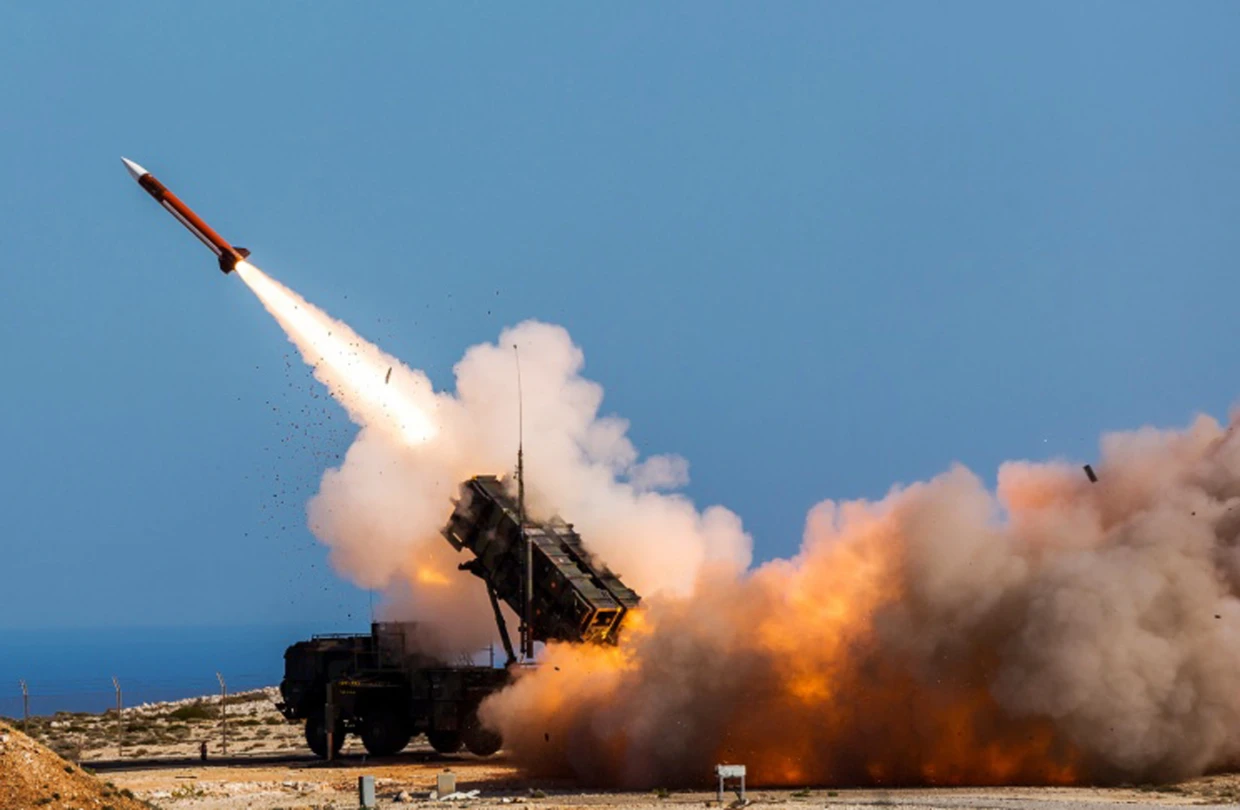
High strategic capabilities and defensive military assistance in the Ukraine war: the double threshold dilemma
One of the major elements of the Russian-Ukrainian confrontation is of course its potential nuclear nature. This dimension encourages the Biden administration not to let the war in Ukraine degenerate into a major conflict that would directly oppose Americans and Russians. This limit makes the problem of Western co-belligerence a key element in the political-military equation of the conflict. Taking this context into account, this note relates the tactical-operational “threshold” related to this arms supply to a second threshold of a politico-strategic nature, which in turn is influenced by the phenomenon of the interconnection of high strategic capabilities, and which opens up the delicate concept of multi-domain deterrence.
𝐉𝐚𝐧𝐮𝐚𝐫𝐲 𝟐𝟎𝟐𝟑
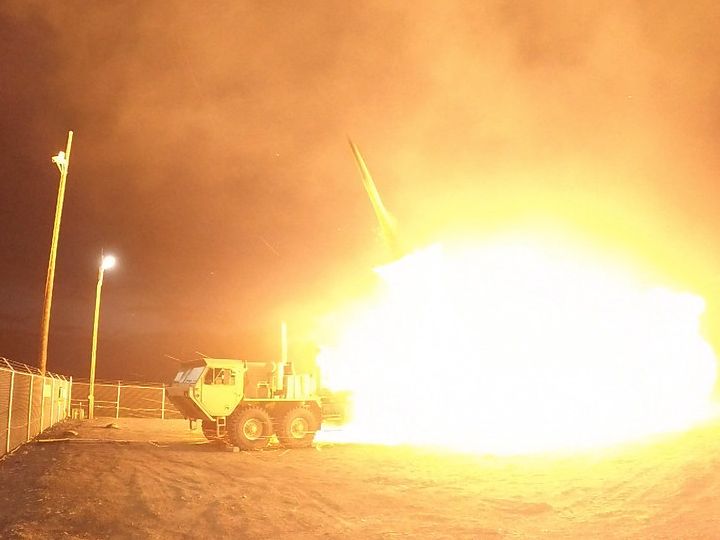
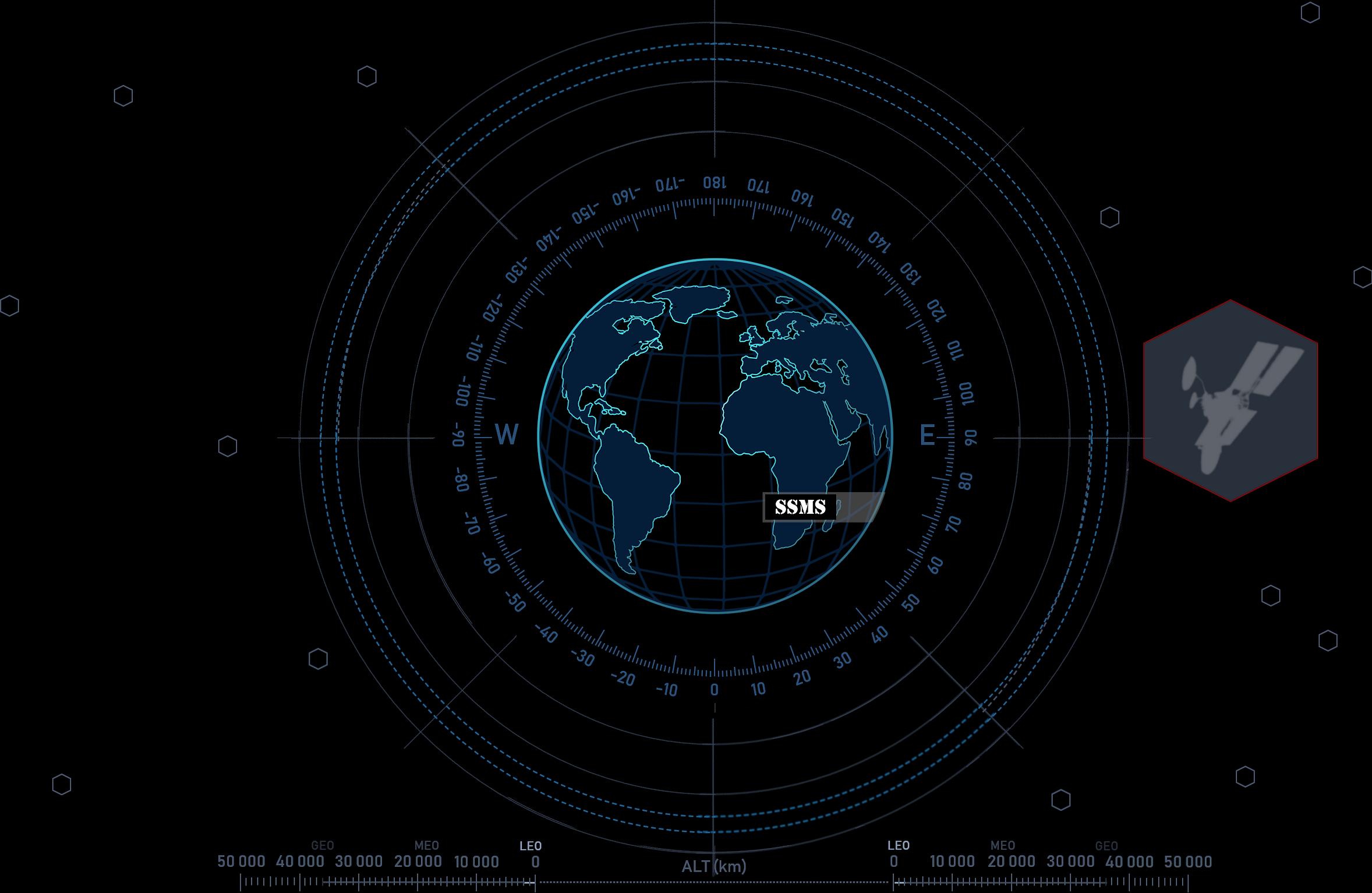
Exploration note of the space wargame realized on 19/11/2021
Designed in two phases, crisis management and Red Team exploitation of the results of the crisis, this Wargame allowed an in-depth reflection of the players, leading to the most negative possible result of a generalized catastrophe of the Kessler syndrome type. The causes of this development are to be found in a continuous escalation due to the export of traditional geopolitical oppositions to space competition, in particular between great powers, pushing the players to act in a logic of confrontation rather than cooperation. The relevance of decisions, as well as their rationality, have demonstrated a fundamental political dimension of management of Space, in particular in case of crisis, with the pursuit of interests and the will to power as the main engine of actions.
À lire également

The silent masters of the oceans: the strategic and non-proliferation implications of nuclear-powered submarines in Australia and Brazil
At the International Atomic Energy Agency (IAEA) General Conference in 2022, Director General Rafael Grossi emphasizes that “the world of nuclear proliferation and safeguards is changing,” and that this change creates important technical and political challenges. The announcement of the AUKUS agreement and the progress of Brazil’s nuclear-powered submarine program reflect regional geopolitical realignments. Internationally, the IAEA safeguards system is challenged by these developments insofar as they entail risks of nuclear proliferation. How does the acquisition of nuclear-powered submarines impact both the regional and international strategic balance and nuclear non-proliferation norms? The purpose of this research note is to analyze the geopolitical motivations of nuclear-powered submarine programs in Australia and Brazil and their implications for nonproliferation instruments.
𝐉𝐚𝐧𝐮𝐚𝐫𝐲 𝟐𝟎𝟐𝟑

High strategic capabilities and defensive military assistance in the Ukraine war: the double threshold dilemma
One of the major elements of the Russian-Ukrainian confrontation is of course its potential nuclear nature. This dimension encourages the Biden administration not to let the war in Ukraine degenerate into a major conflict that would directly oppose Americans and Russians. This limit makes the problem of Western co-belligerence a key element in the political-military equation of the conflict. Taking this context into account, this note relates the tactical-operational “threshold” related to this arms supply to a second threshold of a politico-strategic nature, which in turn is influenced by the phenomenon of the interconnection of high strategic capabilities, and which opens up the delicate concept of multi-domain deterrence.
𝐉𝐚𝐧𝐮𝐚𝐫𝐲 𝟐𝟎𝟐𝟑


